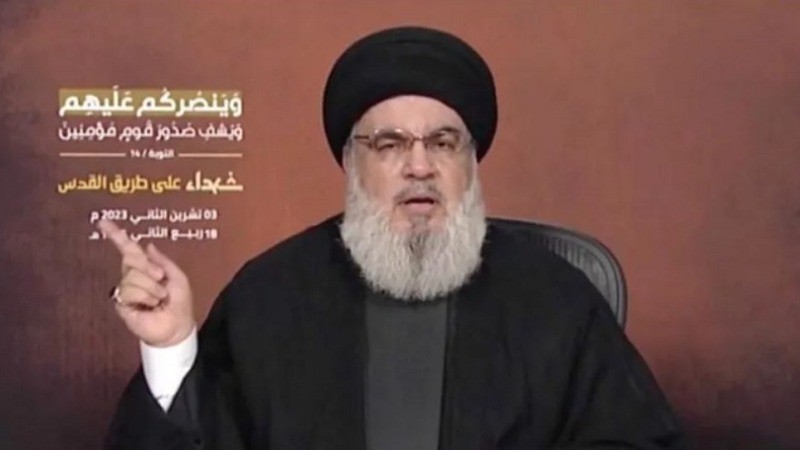
GAZA: It was unpdated that at least nine people lost their lives, and nearly 3,000 were injured in Lebanon when handheld pagers used by Hezbollah members exploded, according to the country’s health minister. Hezbollah blamed Israel for the coordinated attack, although the Israeli military has not commented.
The ongoing conflict between Israel and Hezbollah has seen significant escalation over the past 11 months, primarily fueled by the war in Gaza. The explosions occurred just after Israel’s security cabinet outlined a new goal for the Gaza war—ensuring the safe return of displaced residents to northern Israel.
What Is Hezbollah and Where Does It Operate?
Hezbollah is a powerful Shia Muslim organization with substantial political influence in Lebanon. Founded in the early 1980s by Iran to counter Israel’s occupation of southern Lebanon during the Lebanese Civil War, Hezbollah has grown into a formidable political and military force. It has participated in national elections since 1992 and plays a major role in Lebanese politics.
The group’s military wing has been responsible for deadly attacks on Israeli and US forces in Lebanon. Hezbollah claimed credit when Israeli troops withdrew from southern Lebanon in 2000, positioning itself as a key player in the region.
Hezbollah maintains thousands of fighters and a large missile arsenal in southern Lebanon, continuing its opposition to Israel, particularly in disputed border regions. Western countries, Israel, Gulf Arab nations, and the Arab League classify Hezbollah as a terrorist organization.
A History of Conflict with Israel
In 2006, a full-scale war erupted between Israel and Hezbollah following a cross-border raid by Hezbollah. Israel launched an invasion of southern Lebanon to neutralize the group’s threat, but Hezbollah survived and has since expanded both its military capabilities and its political reach.
Hezbollah is now one of the most heavily-armed non-state military forces globally, with significant financial and logistical support from Iran. Its leader, Sheikh Hassan Nasrallah, has led the group since 1992, transforming it into both a political and military powerhouse.
How Powerful Is Hezbollah?
Hezbollah is believed to have between 20,000 and 50,000 fighters, with many having gained combat experience in the Syrian Civil War. The group possesses an estimated 120,000 to 200,000 rockets and missiles, including both short-range and more advanced weapons capable of reaching deep into Israel. Its arsenal is far more sophisticated than that of Hamas in Gaza.
Could Hezbollah Go to War with Israel?
Hostilities between Hezbollah and Israel intensified on October 8, 2023, the day after Hamas launched its unprecedented attack on Israel. Since then, Hezbollah has fired over 8,000 rockets into northern Israel, attacked Israeli military targets, and launched drones carrying explosives. The Israeli Defense Forces (IDF) have responded with airstrikes and artillery fire, causing extensive damage in Lebanon.
Lebanese health authorities report at least 589 deaths since the conflict escalated, with most of the victims being Hezbollah fighters. Civilians have also suffered heavy casualties on both sides, and nearly 200,000 people have been displaced in the region.
While both Israel and Hezbollah have so far contained the fighting, avoiding a full-scale war, tensions remain high. The situation could spiral out of control, especially following recent incidents such as the killing of 12 children in the Golan Heights and the assassination of senior Hezbollah commander Fuad Shukr by Israel. Hezbollah has vowed retaliation, further raising fears of broader conflict.
The US is actively seeking to de-escalate tensions through diplomatic efforts, hoping to broker a ceasefire and secure hostage releases in Gaza. Hezbollah, however, has made it clear that it will not halt hostilities until the fighting in Gaza comes to an end.
MUST READ: